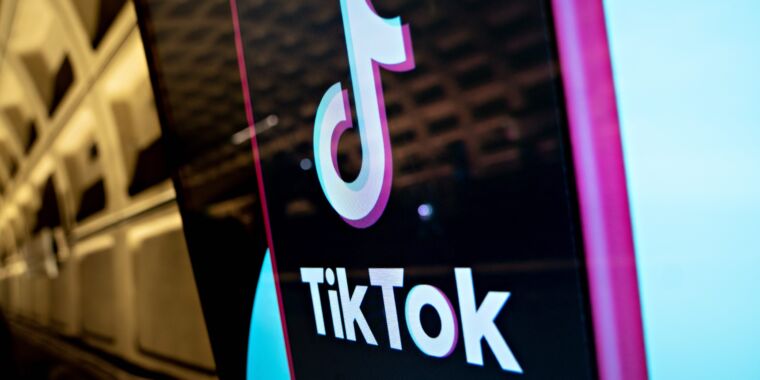Big Tech Companies Struggle to Bring Employees Back to Office
Big tech companies are still grappling with the challenge of getting employees to return to physical offices, with many workers pushing back against the idea. One such company, Dell, has faced particular difficulties in this regard.
Dell’s Return-to-Office Initiative
Earlier this year, Dell introduced a new return-to-office plan, giving employees the option to classify themselves as remote or hybrid. Those who choose the hybrid option are required to spend 39 days per quarter in a physical office, roughly equivalent to three days per work week. On the other hand, employees who opt for remote work agree that they will no longer be eligible for promotions or new roles within the company.
Business Insider has obtained internal Dell tracking data revealing that nearly 50 percent of the workforce has chosen to remain remote, undermining Dell’s efforts to reinstate its in-office culture. The publication interviewed a dozen Dell employees to understand their reasons for sticking with remote work.
Employee Perspectives
Multiple reasons were cited by employees for their decision to continue working remotely. Some mentioned enjoying the increased free time and reduced financial strain that came with remote work, stating that they were unwilling to give up these benefits. Others noted that their local offices had closed during the pandemic, or that they simply were not interested in pursuing promotions.
Furthermore, some employees pointed out that it seemed impractical to return to an in-person office when their teams were already dispersed across multiple locations worldwide, meaning they would still primarily interact via Zoom calls. Several employees reported that colleagues who had chosen the hybrid option often found themselves working in nearly empty offices, communicating via video calls with others in similar empty settings.
Many of those interviewed admitted to actively seeking job opportunities at companies that were more supportive of remote work, reflecting a broader trend in the tech industry.
Industry-Wide Challenge
Dell is not alone in facing resistance to returning to the office. Apple, for instance, has also encountered internal pushback and employee discontent regarding remote work policies. Company executives argue that working in physical spaces fosters collaboration and innovation, though research on the topic has yielded mixed results.
While some studies suggest a modest drop in productivity with remote work, such as a Stanford Institute for Economic Policy Research report indicating around a 10 percent decrease, the cost-saving benefits of remote work may offset some of these productivity losses.
Image/Photo credit: source url





